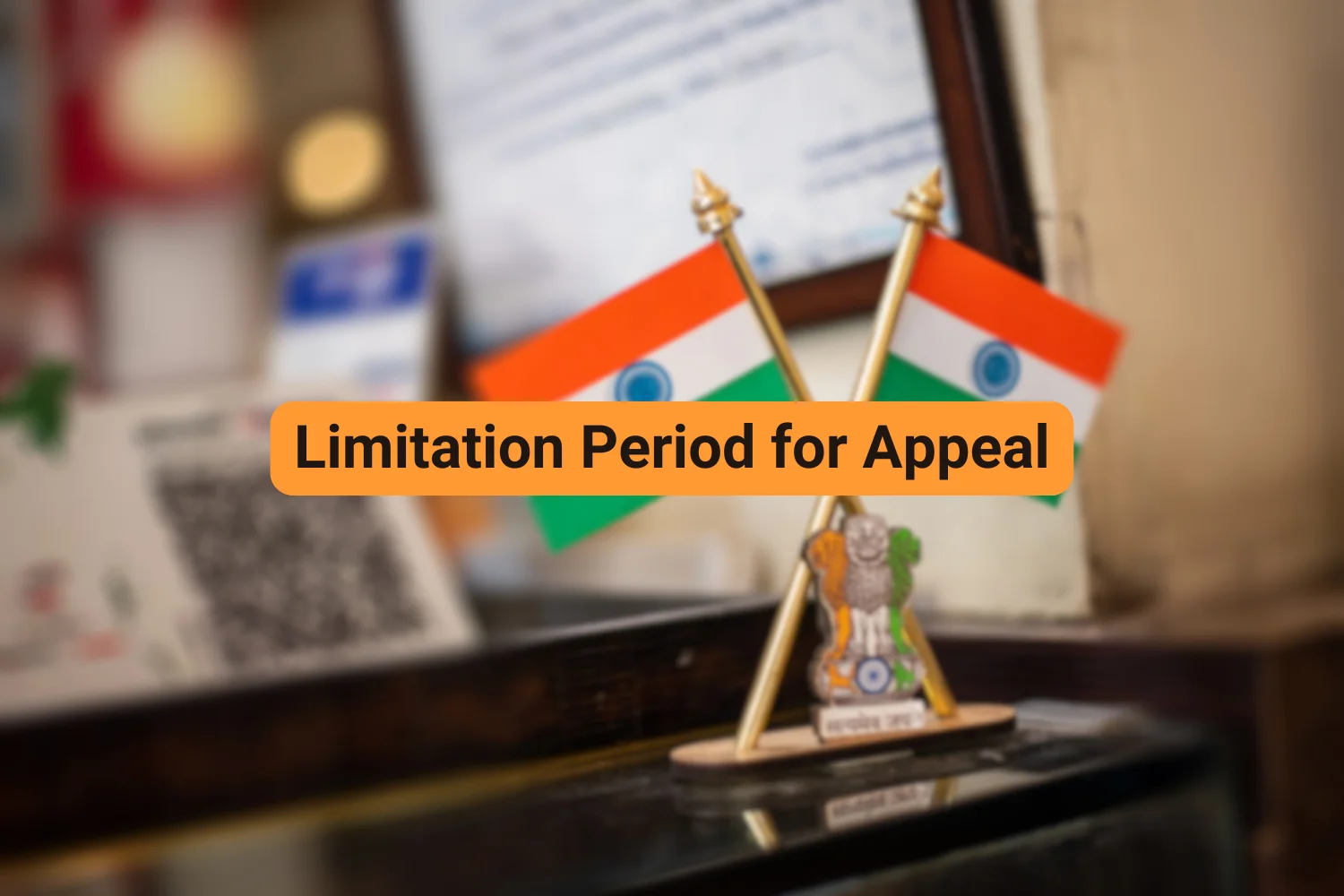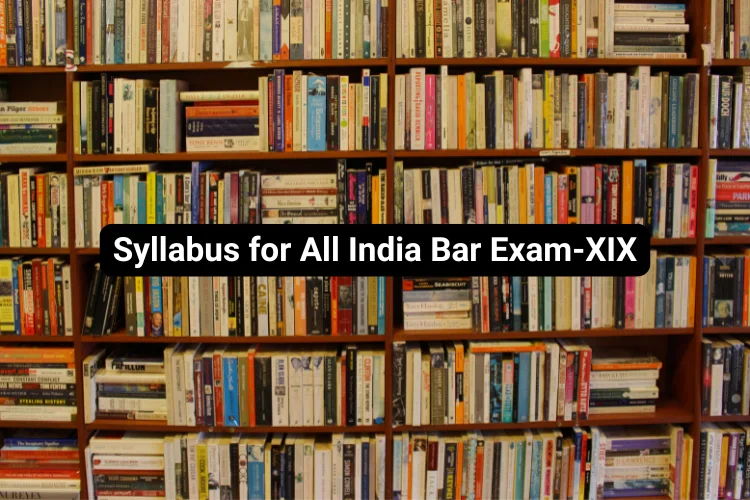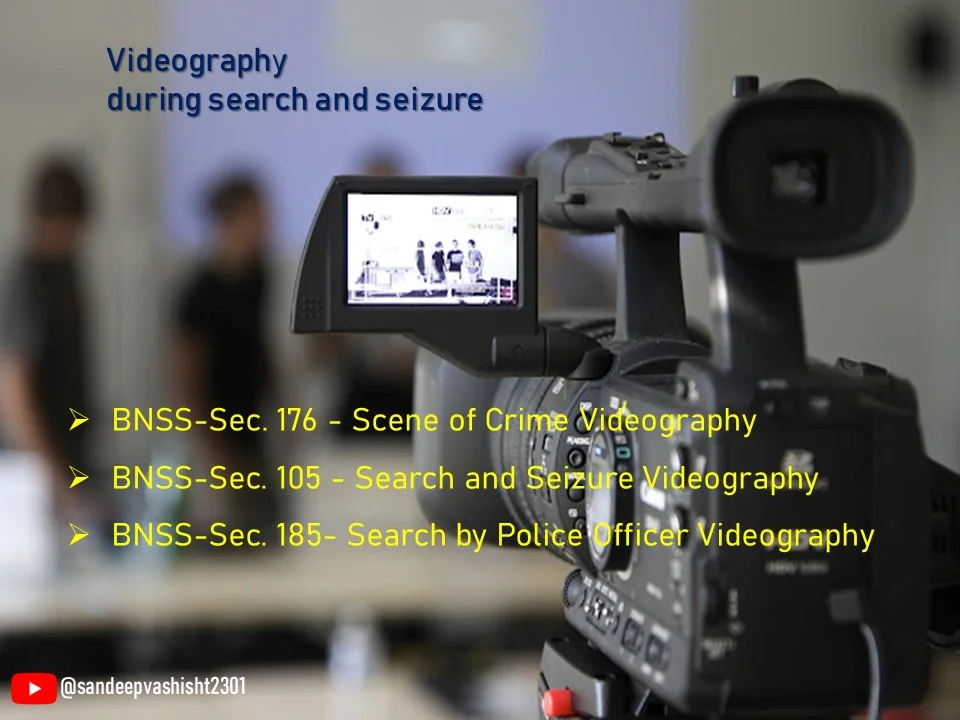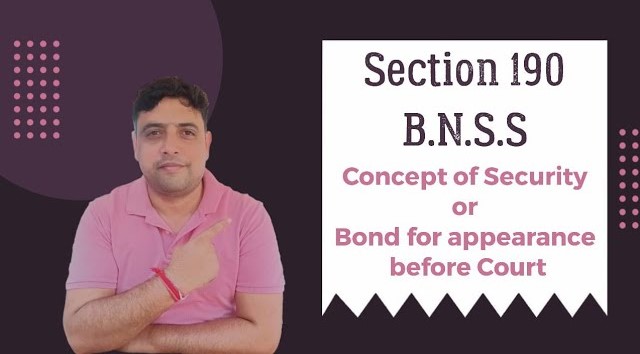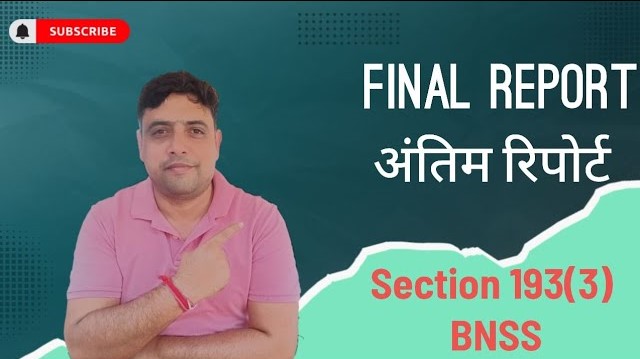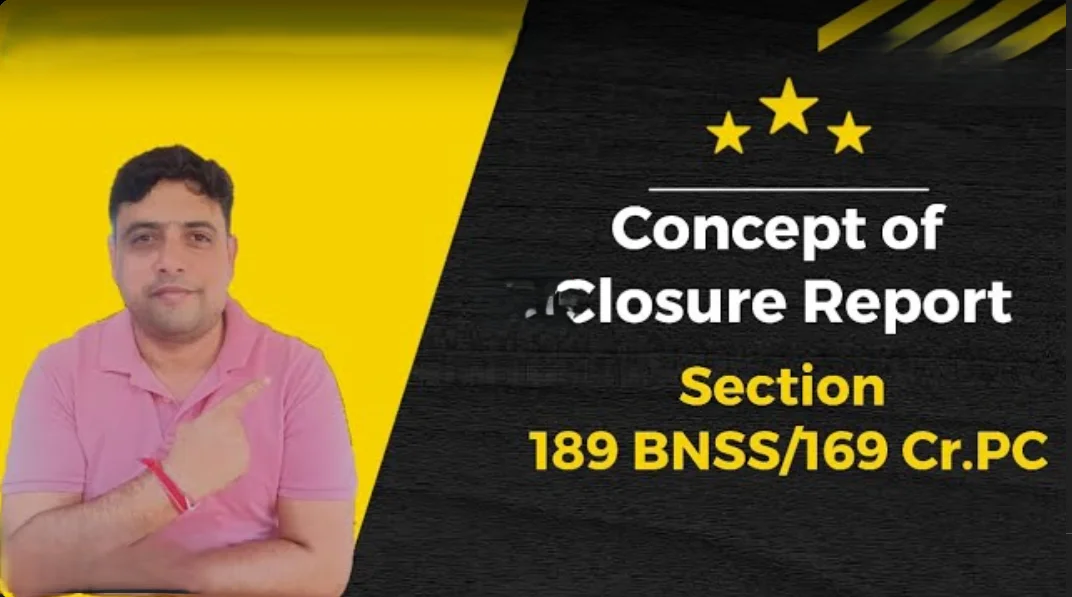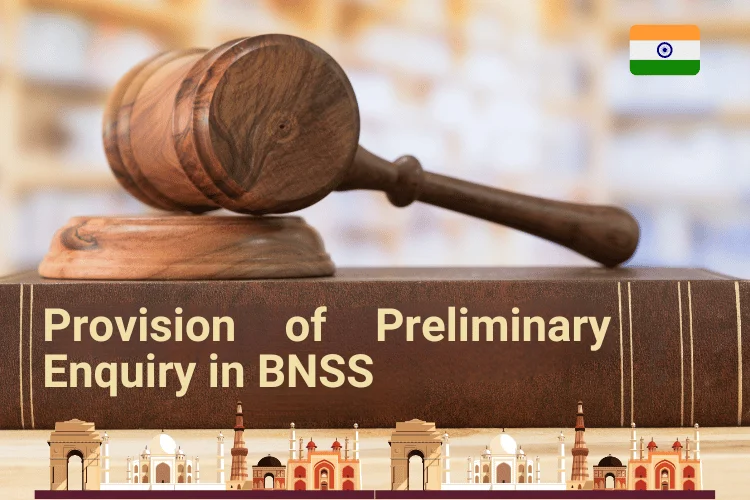Judgment in Criminal Cases: Key Components and Writing Essentials
INTRODUCTION
A judgment in a criminal case represents the court's final decision on the accused's guilt or innocence. If guilt is established, the judgment must include a sentence outlining the punishment. A complete sentence requires a clear determination of the accused's fate.
Essential Components of a Criminal Judgment:
- Points of determination (charges)
- Decision on each point (conviction or acquittal)
- Reasons for the decision (evidence and legal application)
Judgment Writing: Steps and Considerations
- Introduction and factual recap
- Cause of action and case history
- Points for determination (charges)
- Burden of proof and evidence analysis
- Application of relevant case law and statutory law
- Clear reasoning and justification for the decision
Pronouncement of Judgment
- The presiding officer pronounces the judgment in open court immediately after the trial
- The court may reserve the judgment for a future date by giving notice to the parties or pleaders
Modes of Delivering Judgment
- Delivering the whole written and signed judgment
- Reading out the whole judgment in open court, dated and signed by the presiding officer
- Reading out the operative part of the judgment and explaining the substance in a language known to the accused or his pleader
Copy of Judgment
- A copy of the judgment must be given to the party or his pleader immediately after the judgment, free of cost
Signing of Judgment
-
- If the judgment is written in the handwriting of the judge, every page need not be signed
- Otherwise, every page of the judgment must be signed by the presiding officer
Presence of Accused
The accused must be present in court at the time of judgment
Exceptions:
-
- If he is being acquitted
- If sentenced with fine only
- If his appearance has already been dispensed with by the court during trial
Judgment in Absence of Accused
- Where there are multiple accused, the court may pronounce the judgment even if one or more of them is absent
- The judgment is not invalid due to the absence of any party, their pleader, or any omission or defect in serving notice.
- This section will not limit the extent of the provisions of section 465 .
Case Laws
Thavar Issaji Boree 1991 Bombay
Where no material prejudice is caused , the omission to write a judgment at the time of the passing of the sentence cannot be regarded as illegality. It is mere irregularity curable by section 465.
Surendra Singh v State of U.P. AIR 1954 SC
If a judge dies after writing his judgment but before delivering it in open court, the judgment is not to be considered as a judgment, but merely as an opinion. If a judge who prepared the judgment died before it was delivered, another judge cannot deliver it.
Anil Rai vs State of Bihar:
The Supreme Court has issued guidelines to address delayed judgment pronouncement:
-
-
- High Courts to add a column in judgments showing date of reserving and pronouncing judgment.
- Chief Justices to direct court officers to submit monthly lists of reserved judgments not pronounced within a month.
- Chief Justices to draw attention to pending matters if judgment not pronounced within two months.
- Parties can file applications for early judgment if not pronounced within three months.
- If judgment not pronounced within six months, parties can move to withdraw the case and reassign it to another Bench.
These guidelines aim to ensure timely judgment pronouncement and reduce delays in the justice system.
LANGUAGE AND CONTENTS OF JUDGEMENT :
Section 353 of the Code of Criminal Procedure (CrPC)
-
- Language: The judgment shall be written in the language of the court, which is typically the official language of the state or region.
- Content: The judgment shall contain the following essential elements:
-
- Points for determination: A clear statement of the issues or questions that the court has considered and decided.
- Decision: The court's finding or ruling on each of the points for determination.
- Reasons for the decision: A brief explanation of the court's reasoning and the evidence or legal provisions that support its decision.
-
- Conviction: In cases where the accused is found guilty, the judgment shall specify:
-
- Offence: The specific crime or offence that the accused has been convicted of.
- Section of IPC or other laws: The relevant section of the Indian Penal Code (IPC) or other applicable laws under which the accused is convicted.
- Punishment given: The sentence or punishment imposed on the accused, including any fines, imprisonment, or other penalties.
-
- Acquittal: In cases where the accused is found not guilty, the judgment shall specify:
-
- Offence of which accused was acquitted: The specific crime or offence that the accused was charged with but found not guilty of.
- Directions for liberty: The court's order releasing the accused from custody or directing their liberty.
-
- Alternative Conviction: When the court is uncertain under which of two or more sections or parts of the same section the offence falls, it may:
-
- Express the same: Clearly state the uncertainty and the alternative sections or parts of the same section that may apply.
- Pass judgment in the alternative: Convict the accused under both or all applicable sections or parts of the same section, and specify the punishment for each.
-
- Special Reasons: In cases where the accused is sentenced to:
-
- Death: The court shall record special reasons for imposing the death penalty.
- Imprisonment for life or a term: The court shall record reasons for the sentence, including any aggravating or mitigating factors considered.
- A term less than three months: When the conviction is for a period of one year or more, the court shall record reasons for imposing a sentence less than three months, unless it is a summary trial or imprisonment till the rising of the court.
-
- Death Penalty: In cases where the accused is sentenced to death, the judgment shall direct that the accused be:
Hanged by neck till he is dead: The traditional method of execution in India.
-
- Other Orders: Every order passed under Section 117 (maintenance orders), 125 (orders for maintenance of wives and children), and 138(2) (orders for maintenance in cases of neglect or refusal to maintain) shall contain:
-
- Points of determination: A clear statement of the issues or questions that the court has considered and decided.
- Decision: The court's finding or ruling on each of the points for determination.
- Reasons for the decision: A brief explanation of the court's reasoning and the evidence or legal provisions that support its decision.
These requirements ensure that every judgment is clear, concise, and provides adequate reasons for the court's decision, which is essential for upholding the rule of law and ensuring justice is served.
Case Laws
State of Punjab v. Jagdeo Singh Talwandi 1984 - If the appellate court rejects the appeal without specifying reasons, it is not a good decision and re-trial can be ordered in such cases. However, if an appeal is summarily rejected by the court, no formal judgment needs to be given in such cases.
Bachan Singh vs State of Punjab 1982 SC
The Supreme Court (SC) has reaffirmed that the provision of death penalty as an alternative punishment for murder under Section 302 of the Indian Penal Code (IPC) is constitutionally valid. However, the SC has also emphasized that the imposition of the death sentence should be exercised with discretion under Section 354(3) of the Code of Criminal Procedure (CrPC) and should only be in exceptional and grave circumstances.
The SC has further clarified that the death sentence should be imposed only in the "rarest of rare" cases, which means that it should be reserved for cases that are truly exceptional and deserving of the severest punishment.
This judgment highlights the careful balance that the courts must strike between upholding the law and protecting society, while also ensuring that the rights of the accused are respected and that the punishment is proportionate to the crime.
Sunder@Sundararajan vs State by Inspector of Police (2013) The Supreme Court judgment in this case reaffirmed the principles guiding the imposition of capital punishment in India. The court held that:
- Capital punishment should be imposed only in the "rarest of rare" cases.
- The court must record "special reasons" for awarding the death sentence.
This judgment emphasized the need for a nuanced and thoughtful approach to capital punishment, ensuring that it is reserved for only the most heinous and deserving cases.
State of Madhya Pradesh vs Udham and others (2019)
The Supreme Court in this case established a three-fold test to determine the appropriate sentence:
- Crime Test: Assesses the severity of the crime, considering factors like:
- Extent of planning
- Choice of weapon
- Modus of crime
- Abhorrent character of crime
- State of the victim
- Criminal Test: Evaluates the criminal's background and circumstances, including:
- Age
- Gender
- Economic conditions
- Social background
- Motivation for the crime
- Availability of defense
- State of mind
- Instigation by the deceased or their group
- Comparative Proportionality Test: Compares the punishment to similar cases to ensure it is proportional and not excessive
These tests help the court determine a fair and appropriate sentence, considering both the severity of the crime and the criminal's circumstances.
State of Gujarat v. Kishanbai
The Supreme Court in this case held that when a criminal case ends in acquittal due to lapses by investigating or prosecuting officials, the following steps must be taken:
-
-
- Identify the responsible officials.
- Determine whether the lapse was innocent or blameworthy.
- Take appropriate departmental action against erring officers, which may include:
-
- Withdrawing them from investigative responsibilities permanently or temporarily, depending on the severity of the lapse.
This ensures accountability and consequences for officials responsible for acquittals due to their own lapses, promoting better investigation and prosecution standards.
METROPOLITAN MAGISTRATE’s JUDGEMENT [SECTION 355]
Section 355 of the Code of Criminal Procedure (CrPC) outlines the requirements for a Metropolitan Magistrate's judgment. The judgment must include the following details:
- Serial number of the case
- Date of the commission of the offence
- Name of the complainant (if any)
- Name, parentage, and residence of the accused
- Offence complained of or proved
- Plea of the accused and examination (if any)
- Final order
- Date of the final order
- Brief statement of reasons for the decision (in cases where an appeal lies under Section 373 or Section 374(3))
The Magistrate must apply their mind and provide clear reasons for the conviction. Failure to provide reasons for conviction is considered an irregularity and can be addressed by the court of revision.
This section ensures that the judgment is clear, concise, and provides essential details about the case, the accused, and the reasons for the conviction, which helps in maintaining transparency and accountability in the criminal justice system.
CONCLUSION
A judgment is a crucial part of any legal case. It's the final decision made by the court after hearing arguments from both sides. The judgment explains the reasons behind the decision.In criminal cases, the Criminal Procedure Code (1973) outlines how judgments should be delivered. This includes rules for the language and content of the judgment.
Special rules apply when the judgment involves serious punishments like the death sentence, fines, or imprisonment. The court must follow these rules when delivering the judgment.
"Empowering your legal journey, one resource at a time. Welcome to Vidhoon, your trusted hub for
comprehensive law notes, practical guidance, and expert support.
Explore, learn, and succeed with us!







